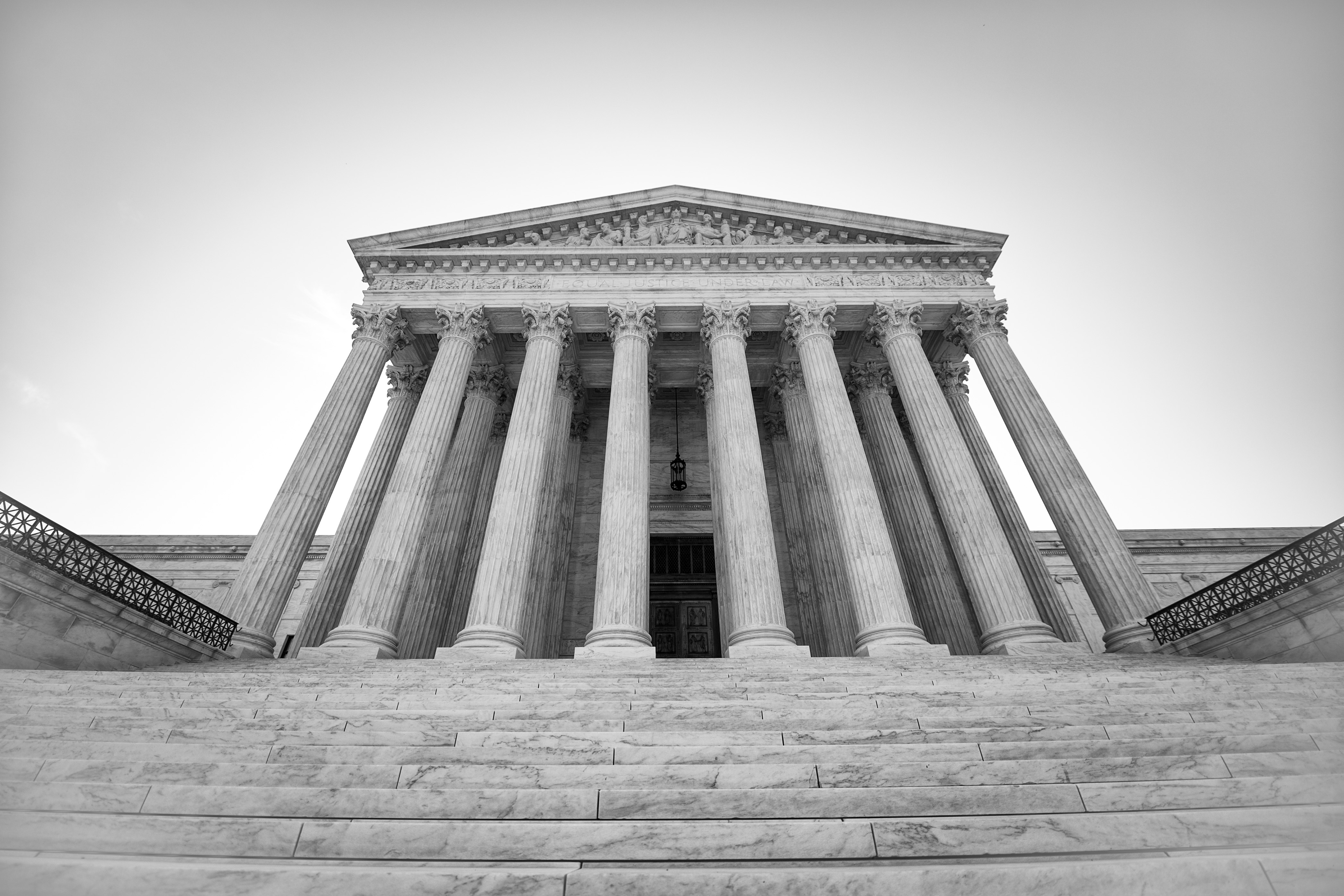
Justice Jackson: Black voters are “disabled”
By Easton Martin | October 16, 2025
Supreme Court Justice Ketanji Brown Jackson sparked controversy this week after referring to Black voters as “disabled” during oral arguments over Louisiana’s redistricting case. Her remark came as she compared minority access to voting with disability access under the Americans with Disabilities Act, arguing that barriers faced by minority voters are structural rather than intentional.
“They don’t have equal access to the voting system. They’re disabled,” Jackson said, using the term to describe how historical discrimination still affects participation today. She was defending the creation of a second majority-Black congressional district in Louisiana under Section 2 of the Voting Rights Act.
The comparison struck many as deeply misplaced. Equating racial minorities with disabled individuals suggests weakness rather than empowerment and undermines decades of progress since the civil rights era. It also reflects a broader shift in progressive legal thought, away from equal opportunity toward equal outcomes, where disparities are treated as proof of discrimination, regardless of intent or circumstance.
In doing so, Jackson’s argument risks framing an entire group of Americans as permanently disadvantaged, dependent on state intervention to level the playing field. That perspective does not recognize how far Black Americans have advanced in political, economic, and social life.
While Jackson was just trying to make a point, her comments come off as awkward, as if trying to paint black Americans as unable to do basic things such as vote.




























